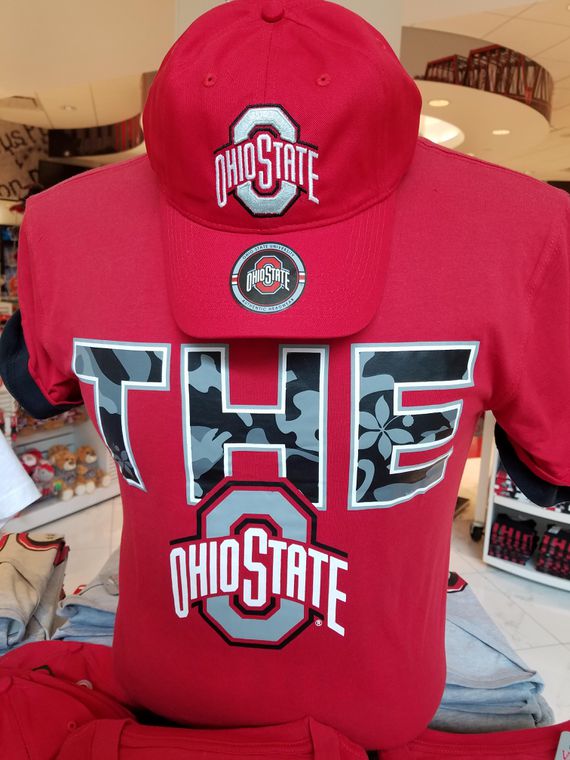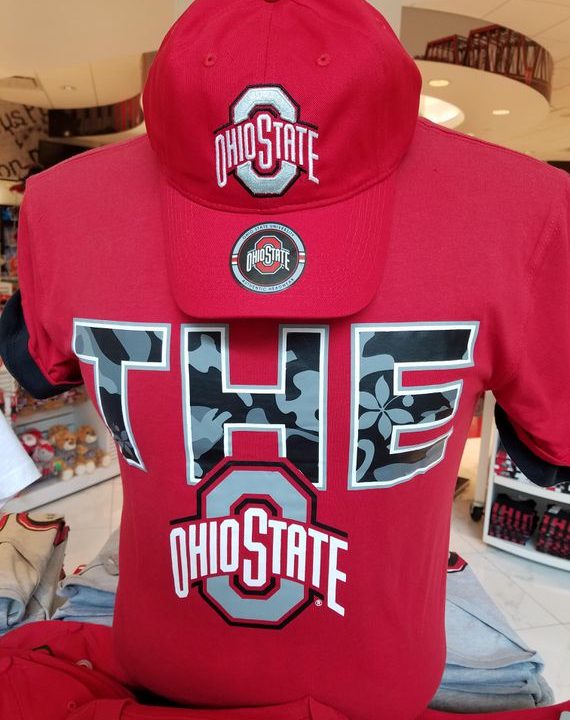When it arrives to phrases that have a political demand, the harmless minor ‘the’ could not quite possibly be a single of them. Or could it?
Turns out ‘the’ is considerably significantly less innocuous than it would seem.
A new examine by linguist Eric Acton of Japanese Michigan College, discovered that pairing a ‘the’ with a plural noun to speak about a team of men and women tends to depict that team as different or distant from the speaker — and can occasionally even express a disparaging concept. This may possibly appear clear to anybody who has flinched at listening to ‘the gays,’ ‘the Mexicans’ or ‘the Jews’ in specific contexts, but in this article arrives science to split it down. And problem a warning.

‘Speakers have to wield ‘the’ with treatment, for the use of this unassuming perform term, commonest of all English expressions, can in actuality ship strong social alerts,’ reads the study (PDF), which seems in the March problem of the journal Language. Alerts, for instance, about political leanings.
Acton, an assistant professor of language and literature, analyzed 20 a long time of speeches sent in the US Household of Associates and discovered that on common, associates from both equally big get-togethers use ‘the’ (as in ‘the Republicans’) relatively than a bare plural (as in ‘Republicans’) a lot more than one.75 instances as typically when naming the opposing occasion than referring to their very own.
For occasion, whilst Democrats use ‘the’ 54.four per cent of the time in referring to Republicans as a team, they do so 30.four per cent in referring to Democrats. Individuals quantities are equivalent for Republicans — 53.three per cent when Household customers talked about Democrats and 26.one per cent when they talked about customers of their very own occasion.
Context issues of study course. Political pundits tossing a ‘the’ prior to the title of a political occasion will probable occur throughout in another way than politicians caught up in us-vs.-them rhetoric.
Acton also explores the position ‘the’ can engage in in disparaging generalizations.
The distancing influence of ‘the’ can be so pronounced that some the-plurals appear to have attained taboo or close to-taboo standing, the examine details out.
In discourse encompassing race and ethnicity in the US, ‘the blacks’ is practically absent from present-day mainstream US information media, the exploration discovered, regardless of myriad situations of the term ‘blacks’ sans the ‘the.’ In the 11 months subsequent the killing of Michael Brown in Ferguson, Missouri, for occasion, The New York Occasions and Washington Put up described ‘blacks’ in hundreds of content that contains the term Ferguson. But there are only two illustrations of ‘the blacks.’
‘Tellingly, both equally tokens come about not in the authors’ very own phrases but in quotations, and a single of them … is specifically clear in its prejudice.’
It truly is not information that phrases have a highly effective effect, but it truly is really worth conversing about the approaches phrases considered of generally as purely useful can sway this means so substantially.
‘Think of the influence of a mother or father referring to their little one as ‘your son’ in conversing to the kid’s other mother or father, as in, ‘Do you know what your son did these days?’ Whatsoever great or terrible the little one has carried out, it truly is becoming offered as the other parent’s obligation,’ Acton explained more than e mail.
But whilst Acton cautions men and women to be a lot more knowledgeable of how substantially they fall T-bombs, his examine is also distinct to level out that a single person’s ear could constantly match up with another’s intent. To him, stating ‘the spouse,’ as opposed to ‘my spouse,’ evidently alerts length amongst speaker and wife or husband and has a distinctly derogatory tone.
‘In distinction,’ he writes in the examine, ‘I have spoken with some others who declare that, in their social circles, use of this phrase is just as probable to express deference to one’s wife or husband as it is to express pejoration.’








